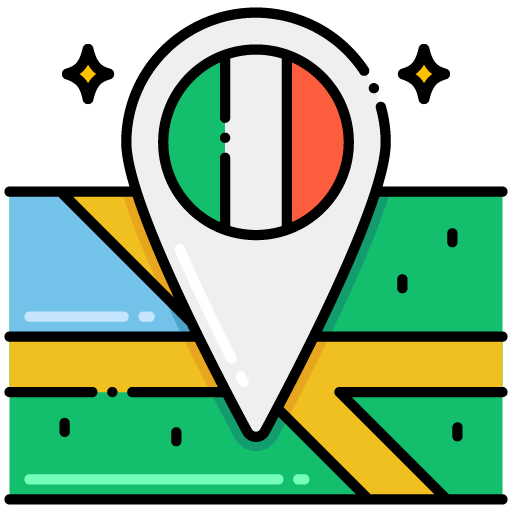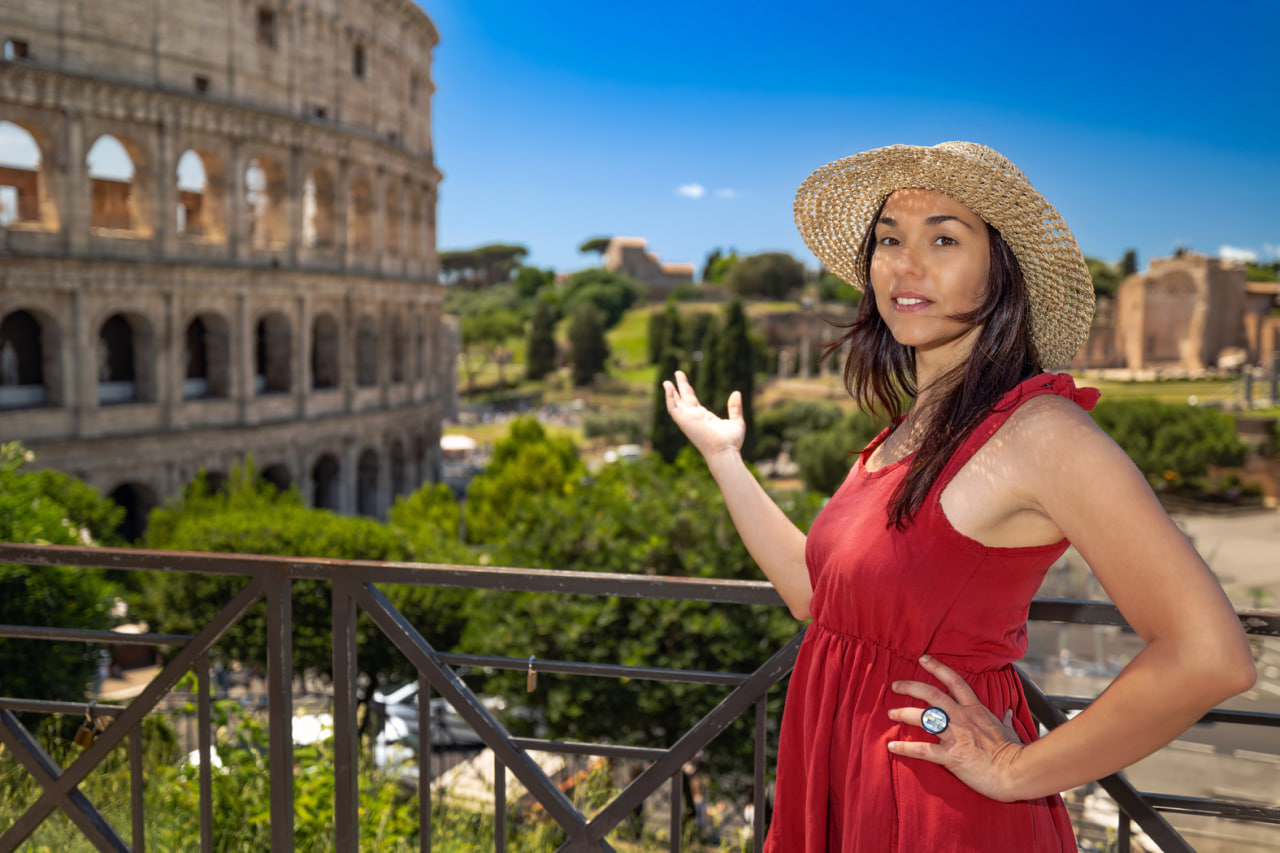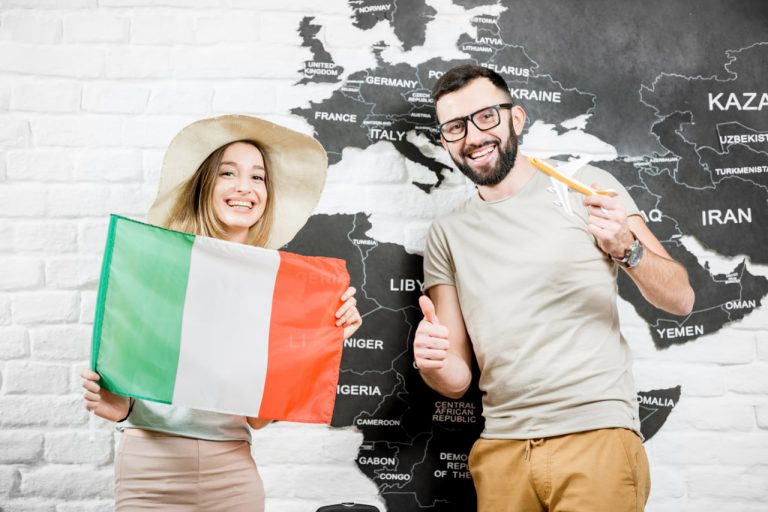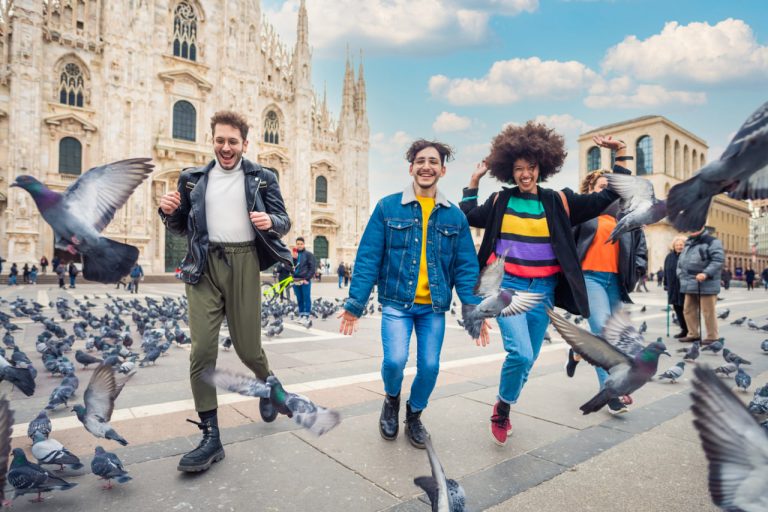Essential Italian Phrases Every Traveler Should Know
Traveling to Italy is a dream for many, but even knowing a few basic Italian phrases can make a huge difference in your experience. Whether you’re ordering a cappuccino in Florence or asking for directions in Naples, speaking a bit of the local language helps you connect with people and move through your day with ease and confidence.
You don’t need to be fluent to be understood. A simple phrase spoken politely in Italian often opens doors, earns smiles, and shows respect for the culture. Below are some of the most useful phrases every traveler should have ready before their Italian adventure begins.
Basic Greetings and Politeness
Starting with greetings and manners sets the tone for every interaction. Italians appreciate courtesy and friendliness.
Buongiorno – Good morning
Buonasera – Good evening
Ciao – Hi or bye (informal)
Arrivederci – Goodbye (formal)
Per favore – Please
Grazie – Thank you
Prego – You’re welcome
Mi scusi – Excuse me (formal)
Scusa – Excuse me / Sorry (informal)
These are the phrases you’ll use daily in restaurants, shops, hotels, and when meeting people. Saying “grazie” with a smile already puts you one step ahead.
Asking for Help and Directions
Getting around a city or town in Italy often requires a bit of conversation. These phrases will help you ask politely and get what you need.
Dov’è il bagno? – Where is the bathroom?
Mi può aiutare? – Can you help me?
Dov’è la stazione? – Where is the station?
Come posso arrivare a…? – How can I get to…?
È lontano? – Is it far?
Destra – Right
Sinistra – Left
Dritto – Straight ahead
Even if you can’t understand the full reply, people will often point or gesture. Listening for keywords like “destra” and “sinistra” helps guide you in the right direction.
In Restaurants and Cafés
Italian food culture is a huge part of the travel experience. Knowing a few key phrases helps you order confidently and enjoy the process.
Vorrei un tavolo per due, per favore. – I’d like a table for two, please.
Il menù, per favore. – The menu, please.
Vorrei ordinare. – I’d like to order.
Che cosa consiglia? – What do you recommend?
Senza carne, per favore. – Without meat, please.
Il conto, per favore. – The check, please.
È incluso il servizio? – Is the service included?
Learning the names of typical dishes like pasta, pizza, antipasto, and dolce also helps you navigate menus without needing full translations.
Shopping and Markets
When visiting markets or local stores, a few polite phrases can help you buy what you need and engage with vendors respectfully.
Quanto costa? – How much does it cost?
Posso pagare con la carta? – Can I pay with card?
Accettate contanti? – Do you accept cash?
Mi piace questo. – I like this.
Ne prendo uno. – I’ll take one.
È troppo caro. – It’s too expensive.
Avete qualcosa di più economico? – Do you have something cheaper?
In small shops or family-owned businesses, saying “buongiorno” as you walk in is considered polite and expected.
Emergency and Health
In case of an emergency, being able to express yourself clearly is very important.
Aiuto! – Help!
Chiamate un’ambulanza! – Call an ambulance!
Sto male. – I’m not feeling well.
Mi sono perso. – I’m lost.
Dov’è la farmacia più vicina? – Where is the nearest pharmacy?
Ho bisogno di un medico. – I need a doctor.
È un’emergenza. – It’s an emergency.
Even if locals speak some English, these phrases may speed up communication when time matters most.
Hotel and Transportation
From check-ins to catching a train, these phrases will make your travel smoother and less stressful.
Ho una prenotazione. – I have a reservation.
A che ora è il check-out? – What time is check-out?
Mi può chiamare un taxi? – Can you call me a taxi?
Un biglietto per Roma, per favore. – A ticket to Rome, please.
A che ora parte il treno? – What time does the train leave?
C’è un autobus per il centro? – Is there a bus to the city center?
Most hotel staff speak some English, but showing that you’re trying in Italian creates a warm, appreciative tone right away.




